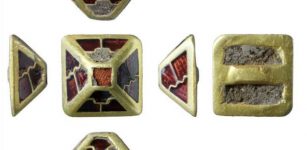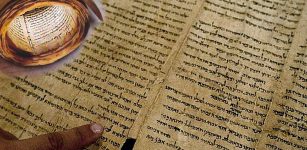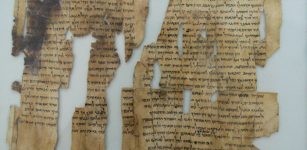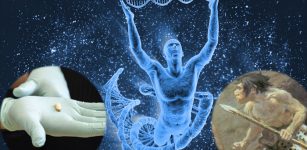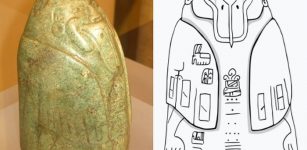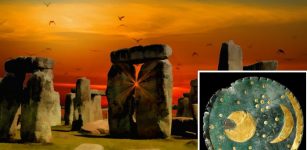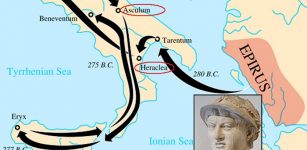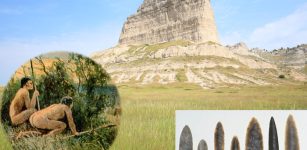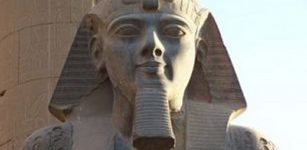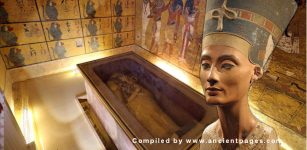On This Day In History: Anders Celsius, Swedish Astronomer And Mathematician Was Born – On Nov 27, 1701
AncientPages.com - On November 27, 1701, Anders Celsius, a Swedish astronomer, physicist, and mathematician (1701-1744), was born.
He invented the centigrade (Celsius) temperature scale commonly used in Europe and founded the Uppsala Astronomical Observatory in 1740, the oldest astronomical observatory in Sweden.
He was born in Uppsala, Sweden, Anders Celsius, in a Lutheran family. His father, Nils Celsius, was an astronomy professor, and Anders Celsius was early interested in science, especially mathematics. He studied at Uppsala University, where, like his father, he joined as a professor of astronomy in 1730.
He made many contributions to science. In 1730, Celsius published" New Method for Determining the Distance from the Earth to the Sun."
He also studied auroral phenomena and was the first to propose a connection between the aurora borealis and changes in the Earth's magnetic field. At Nuremberg in 1733, he published a collection of 316 observations of the aurora borealis made by himself and others over 1716–1732.
 Left: : Celsius Astronomical Observatory and his home; 1769, gravyr av Fredrik Akrel; Right: Celsiushouse 2007. Image credit: - CC BY-SA 3.0
Left: : Celsius Astronomical Observatory and his home; 1769, gravyr av Fredrik Akrel; Right: Celsiushouse 2007. Image credit: - CC BY-SA 3.0
Celsius visited several famous European astronomical observatories from 1732 to 1734, including Germany, Italy, and France.
In Paris, he supported the importance of measuring an arc of the meridian in Lapland, the northernmost part of Sweden. Two years later, in 1736, he joined the expedition organized for that purpose and led by the French mathematician Pierre Louis Maupertuis (1698–1759) to measure the degree length along a meridian close to the pole to compare the results of a similar expedition to Peru.
The measurements confirmed Newton's theory about flattening the Earth at the poles in 1744.
Celsius returned to Uppsala after the expedition, focused his work on the changes in the Earth's magnetic field at the time of northern light, and assessed the brightness of stars with measuring tools.
At Uppsala Observatory, Celsius favored the division of the temperature scale of a mercury thermometer at an air pressure of 760mm of mercury into 100°C, where 100 was taken as the freezing point and 0 as the boiling point of water.
The extraordinary results of his work were even more precise than that of Gabriel Daniel Fahrenheit and Rene-Antoine Ferchault de Reaumur. The so-called "Degree Celsius," the unit of temperature interval, has been named after this brilliant scientist.
Celsius became the secretary of the Royal Society of Sciences in Uppsala in 1725, where he remained until his death.
He died of tuberculosis in 1744.
AncientPages.com
Expand for referencesReferences:



